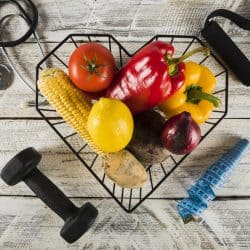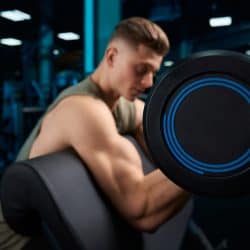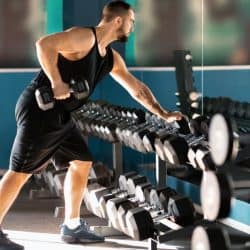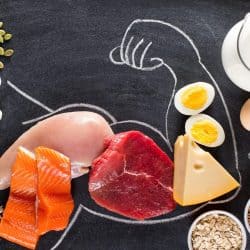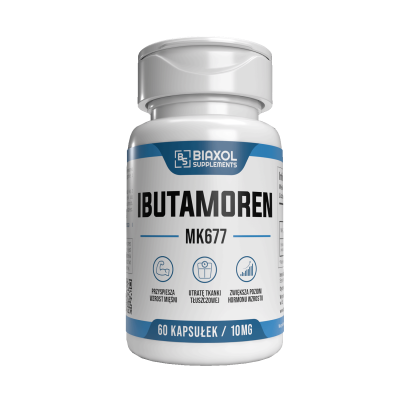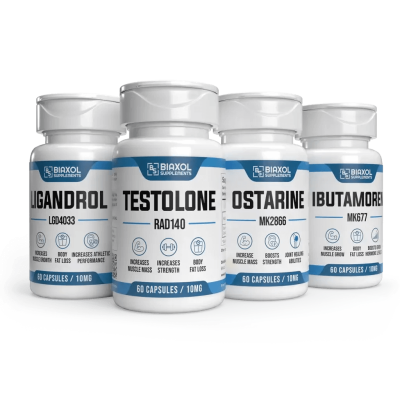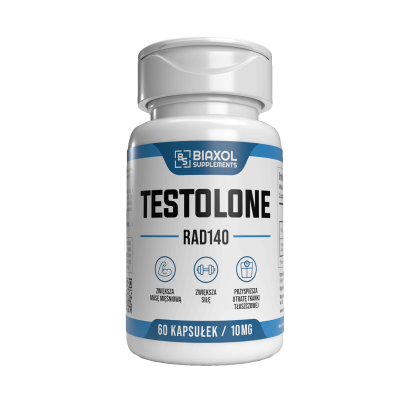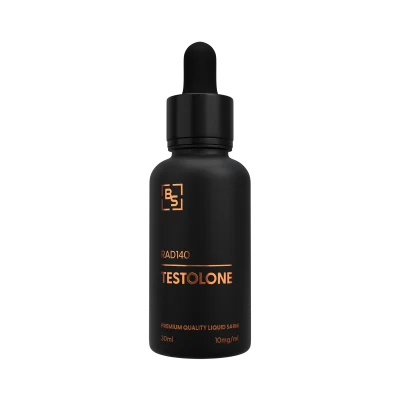We all have the typical friend who hardly trains, eats all the pizzas and ice creams he can find in his path and then is stronger than us by eating a Spartan diet and 30 training sessions a week… This is largely due to genetics.
Introduction
Thanks to the fascinating world of genetics we have discovered that there are certain people, known as responders, who react incredibly positively to different types of stimuli, for example training or medications. This could for example mean that a responder following the same training routine and diet as a non-responder could have twice the results, impressive. This can also be applied to medications or supplements such as SARMs, a responder will be able to obtain better results than a normal person using the same amount or even a smaller amount of active ingredient.
Genetics
To delve deeper into this, we first have to know what an allele is, an allele is each of the alternative forms that the same gene can have and that can manifest itself in specific modifications of its function.
Most people believe that there is a “godly” gene that makes you become a super athlete… when the truth is that there are a large number of genes and alleles that somehow improve sports performance.
A literature search revealed that at least 155 genetic markers (located within 82 autosomal genes, mitochondrial DNA, and X and Y chromosomes) are related to elite athlete status. These include 93 genetic markers related to endurance and 62 genetic markers related to power/strength. The following 31 genetic markers are worth highlighting:
ACE I, ACTN3 577X, ADRB2 16Arg, AQPI rs1049305 C, AMPDI GIn12, BDKRB2 -9, COL5A1 rs12722 T, GABPB1 rs12594956 A and rs7181866 G, HFE 63Asp, KCNJ11 Glu23, mtDNA H haplogroup, mtDNA K hap – logroup (unfavorable), PPARA rs4253778 G, PPARD rs2016520 C, PPARGCIA Gly482, UCP3 rs1800849 T; power/strength markers: ACED, ACTN3 Arg577, AGT 235Thr, AMPDI Gln12, CKM rs1803285 G, CREM rs1531550 A, GALNT13 rs10196189 G, HIFIA 582Ser, IL6 rs1800795 G, MTHFR rs1801131 C, NOS3 rs2070744 T, PPARA rs4253778 C, PPARG 12Ala, SOD2 Ala16] have shown positive associations with athlete status in at least 2 studies and 12 of them (endurance markers: ACE 1 , ACTN3 577X, HFE 63Asp, PPARA rs4253778 G, PPARGCIA Gly482; power/strength markers: ACE D, ACTN3 Arg577, AMPD1 GIn12, HIFIA 582Ser, MTHFR rs 1801131 C, NOS3 rs2070744 T, PPARG 12Ala).
As you can see… there are a large number of them, each one with different functions, to give a few examples:
The ACE gene: This gene is responsible for encoding the angiotensin-converting enzyme and plays a crucial role in muscle strength. There are two main alleles: the I allele, which is associated with lower levels of ACE, and the D allele, linked to higher levels of this enzyme in serum and tissues. It is suggested that the I/I genotype of the ACE gene is more advantageous for endurance activities due to its influence on efficiency, while the D/D genotype is considered more beneficial for sports requiring strength and power.
The ACTN3 gene: Humans have three main types of muscle fibers: type I, IIA, and IIX, with type II fibers (especially IIX) being stronger than type I. For muscle hypertrophy, type II fibers are more desirable due to their greater growth potential. This suggests that genetics favorable to having more type II fibers would be ideal. The ACTN3 gene is important in this regard, since it affects the type of muscle fibers. A study showed that different genotypes of ACTN3 are associated with different proportions of muscle fibers, thus influencing performance in strength/power or endurance sports. It has mainly been discovered that two alleles, X and R, where the RR genotype is more favorable in strength and power sports, while the XX genotype is better for endurance sports.
Conclusion
From my point of view and as has been seen before, there are too many variables to consider that one person has better genetics than another, obviously it can be but it is not a simple question of yes or no. Many times elite athletes are lucky enough to have several of the genes that I have mentioned above at the same time, therefore I believe that many times when saying that a person improves more than us due to having “better genetics” We are just making excuses.
I believe that the most common mistakes we make that cause us to improve more slowly are: 1. Overestimate the calories we consume training.
- Underestimate the calories we consume.
- Insufficient exercise volume per muscle group, both daily and weekly.
- Excessive exercise volume per muscle group, both daily and weekly.
- Insufficient intensity when training, for example never reaching failure.
- Too high intensity training, for example always leading to failure.
- Never modify training, for example doing mesocycles is very effective.
- Following meaningless training routines or absurd diets just because an influencer recommends them.
- Not taking micronutrients into account.
